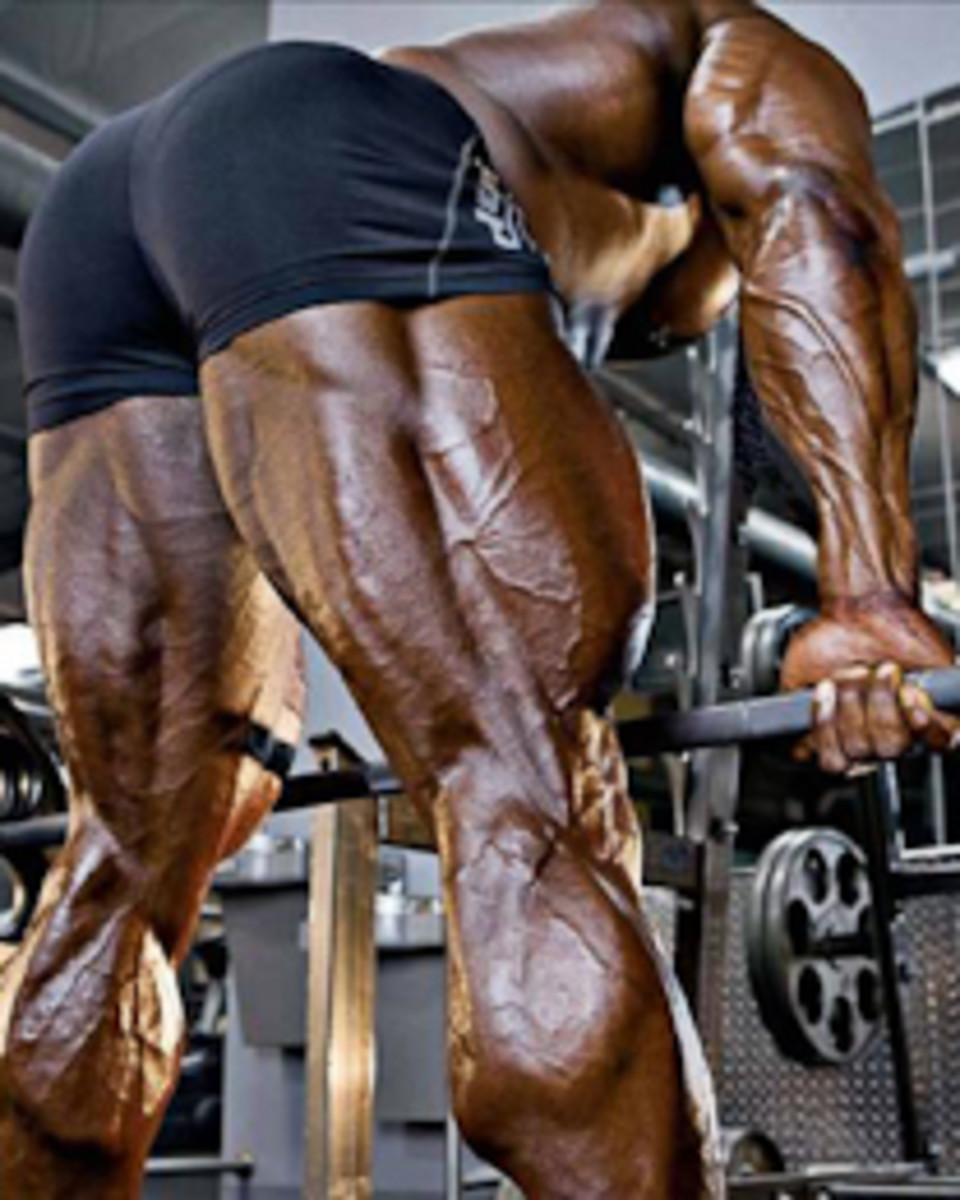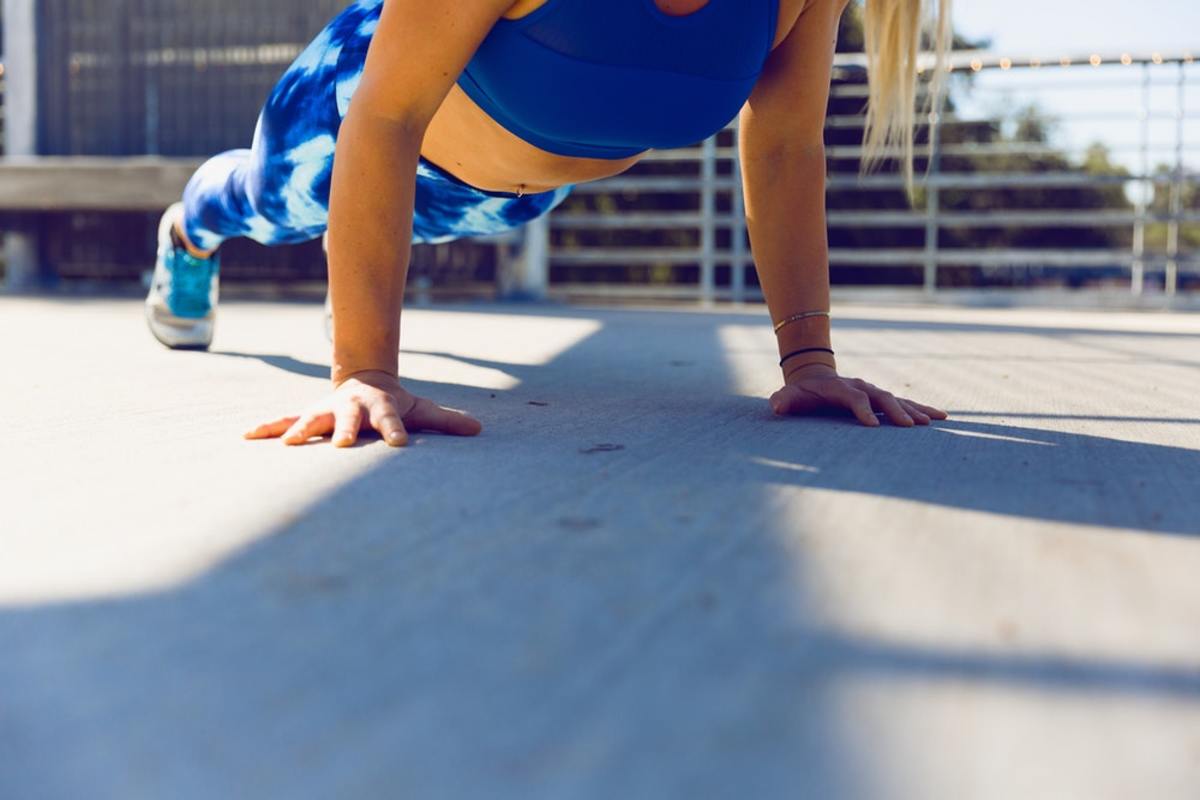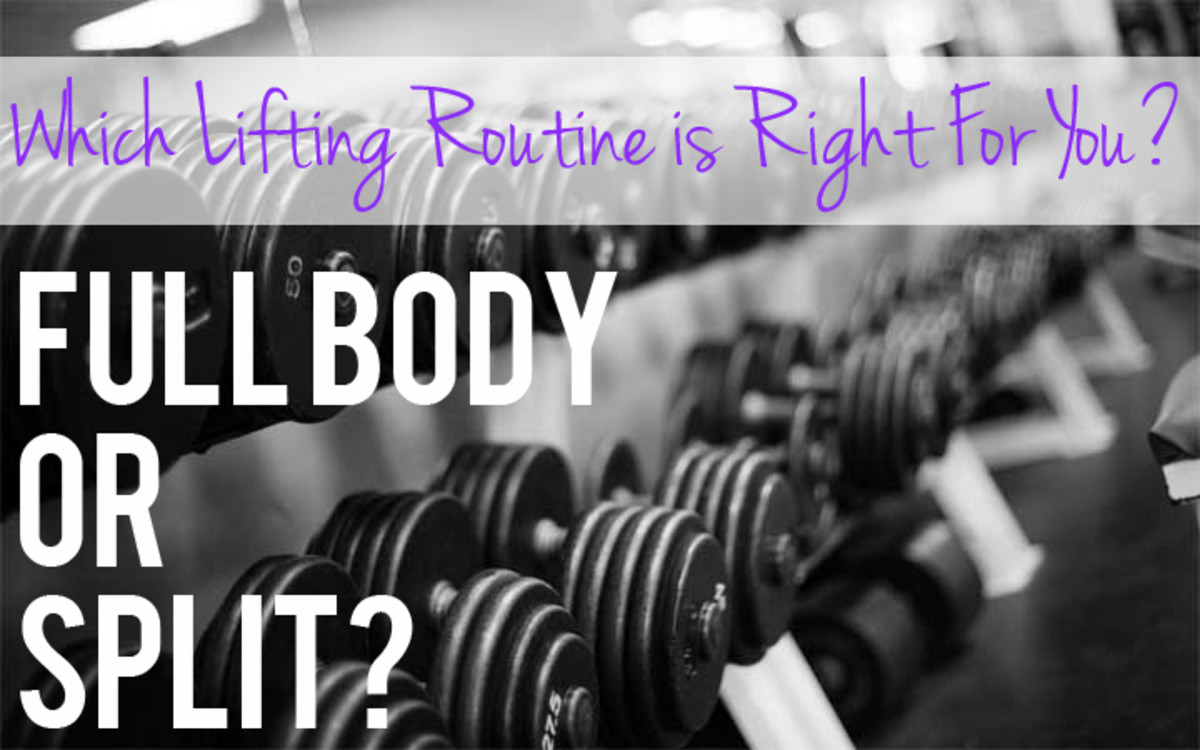How Can a Stay at Home Writer Stay Fit and Healthy?
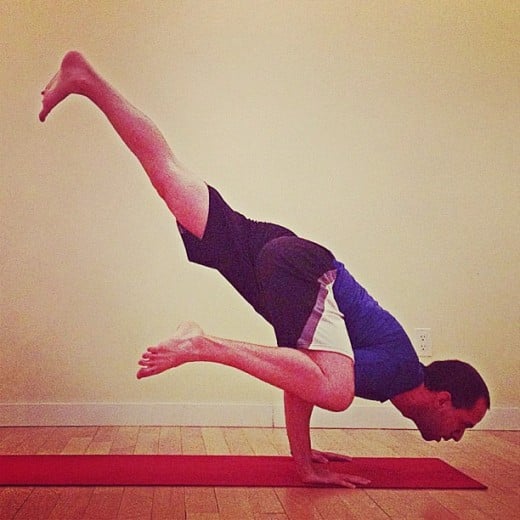
Can you really stay fit and healthy as a home based writer? Sitting at your desk all day cranking out the next best-seller or that final hub in your '30 hubs in 30 days challenge' might be great for your writer status but not so great on your over all health.
How many of us writers are guilty of reaching for the sugary sweets, fizzy drinks, takeaways and convenience meals, not only for ourselves but for our families too? So driven by our word count or meeting a deadline, our health and fitness goals go out of the window – and before we can get them back on track we've already took on another project or writing challenge.
“The only way to keep your health is to eat what you don’t want, drink what you don’t like, and do what you’d druther not.” ~ Mark Twain.
If you're looking to improve your health and fitness as-well as your word-count for your next creative masterpiece, why not give the following a try to see how much better you feel when you type, 'The End'.
1. Water, water everywhere!
Invest in a large water bottle, something that holds at least 1.5l and keep it near you at all times. If you've got it within arms reach of the keyboard you'll be more likely to sip at it throughout your writing session. Venture away from the keyboard? Take it with you and keep drinking. Keeping hydrated is important for those creative muscles, it will keep you feeling more revived and awake, ready to tackle every blank page. We all know, the more that goes in – the more that goes out. So drinking more water will mean more toilet breaks, the perfect excuse to frequently get up and stretch your desk bound muscles.
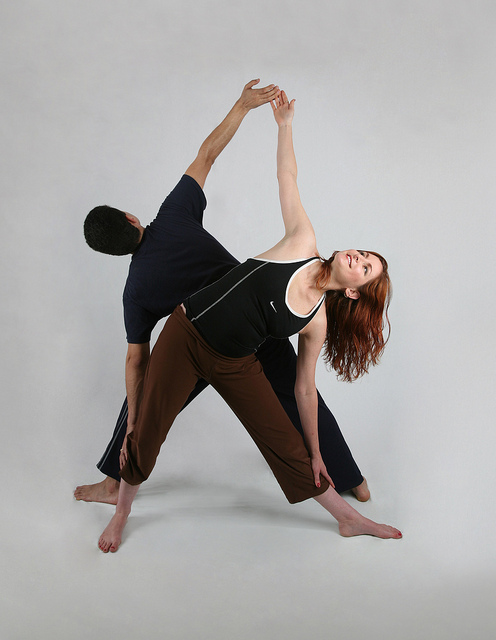
2. Stretch it out!
I've found that by setting myself a goal, be it reaching 500 words or writing consistently for 30 minutes works best. Once you hit your set goal get up and move around. Try some yoga poses for stretching out your muscles, focusing on the legs, arms and neck. Give yourself 5 – 15 minutes for each break. There are some great workouts that you can fit into such a small window, from toning to cardio, I suggest you check out YouTube or Pinterest for inspiration. Not only will your body thank you, but it will give your mind a chance to subconsciously continue on with your creative endeavours and you will return to the desk with renewed creativity and a well stretched body.
3. Choose your snacks wisely!
Look at your current workspace, how many naughty little snacks can you see littered across your desk or crumpled up wrappers in the bin amongst your drafts? It's easy to reach for the chocolate when you reach that pinnacle moment in your story, too engrossed in your work to stray too far for fear you'll lose momentum. I know I'm guilty of it, a quick sugar fix is enough to get me through the next couple of thousand words but it's not so good for my health – and the subsequent sugar crash that always follows is enough to have me switching off the monitor for the night.
Put all of those sugary goodies out of the way, in fact – don't even have them in the same room you are working in (unless you're in the kitchen, then you might want to invest in a padlock!). It would be best to not have them in the house at all, but we all know that could be pushing it a little too far. At least if you have to make some effort to go and get them, you'll be more conscious of your choice and it might cause you to pause and reach for the fruit bowl instead.
If you do need to have snacks in your top drawer, choose them wisely. Keep each individual snack under the 100 - 200 calorie mark, and create smaller individual snack packs over putting the whole bag on your desk. Nuts, seeds, dried fruits, home-made sweet potato crisps, celery and humus, rice cakes, even cereals can make a great go-to snack. All rich in protein, fibre and the right kind of fats (consumed in moderation) will keep you fuller for longer, leaving you feeling more satisfied and less likely to go in search of those sugary devils.
4. Go portable!
Grab your laptop, net-book, tablet or even just traditional pen and paper and leave the house. Just because you work from home does not mean you have to stay there all day. You can write on the move too! Parks, benches in the city, the local library or a café, get out there – you never know what you will see that could inspire your next writing project! Try going for a walk around the block or to the corner shop and back, either mulling over your plot in your head or making notes on your smart-phone or dicta-phone. You can move and work at the same time!.
Personally, I love a change of scenery and when working from home aim to go for at least one 30 – 60 minute walk during the day. The fresh air helps me air out any cobwebs and subconsciously work on my project. I find taking notes on my smart phone is both easy and discreet and I can quickly upload them to my computer when I get home.
Don't tie yourself to the desk all day, writers need to stay fit and healthy too and we can always do with some fresh inspiration along the way!
Your beyond the desk excursions can be as productive or as relaxing as you want. Some writers want to take this time to get away from their craft, to lock up their characters and inner editor and have a little peace and quiet for a while – and that's fine, that's why I suggest you take up a secondary hobby, something 'fitness' related too! Join a running club, or sign up for a weekly yoga class. Once you've made the commitment on the dotted line you will be more likely to pull yourself away from your desk and take part in your class.
5. Stand up!
Standing desks are becoming more and more common place now people are discovering the health risks of sitting down for several hours a day. We at risk from developing repetitive strain injury and carpel tunnel syndrome by sitting on our behinds all day long. Sometimes getting up for a brief stretch every 1000 words isn't enough. Standing has an abundance of health benefits, including; improved motor skills, improved circulation, improved renal function and improved respiratory function. Psychologically, it is believed that standing also improves your cognition, decreased fatigue, prevent depression and be more alert all-round.
But I can't write a novel on my feet...can I?
Yes, you can! There are desks that have been designed specifically for working on in a standing position but if you're not prepared to invest in one just yet you could try creating your own! No, that doesn't mean break out the saw and MDF (unless your handy like that!). Take your current work station and use things from around the house to get the laptop / computer to your required height level and go for it! Be sure to keep it sturdy and balanced and make sure you're standing up straight too.
6. Protect yourself - the basics
Wrist supports, anti-glare screens, good posture and an ergonomic chair should not be underestimated in the roles they play in keeping writers healthy. Take regular breaks (throw in a cheeky exercise for extra points!) and be sure to get plenty of rest. Stop looking at the screen at least 2 hours before you plan on going to bed, giving your mind and body the chance to wind down and fall into a more relaxed state – this would also be a great time to consider meditation!
As writers, we exercise our brains on a daily basis and it's easy to forget the needs of our body and health. But without addressing those first we won't be able to reach our full potential as a writer. Feeling sluggish, bloated and tired is not the best state of body and mind to create the next masterpiece!
So take care of yourself as well as you take care of those seeds of creativity.
This content is accurate and true to the best of the author’s knowledge and is not meant to substitute for formal and individualized advice from a qualified professional.
© 2013 Sarah Campbell






